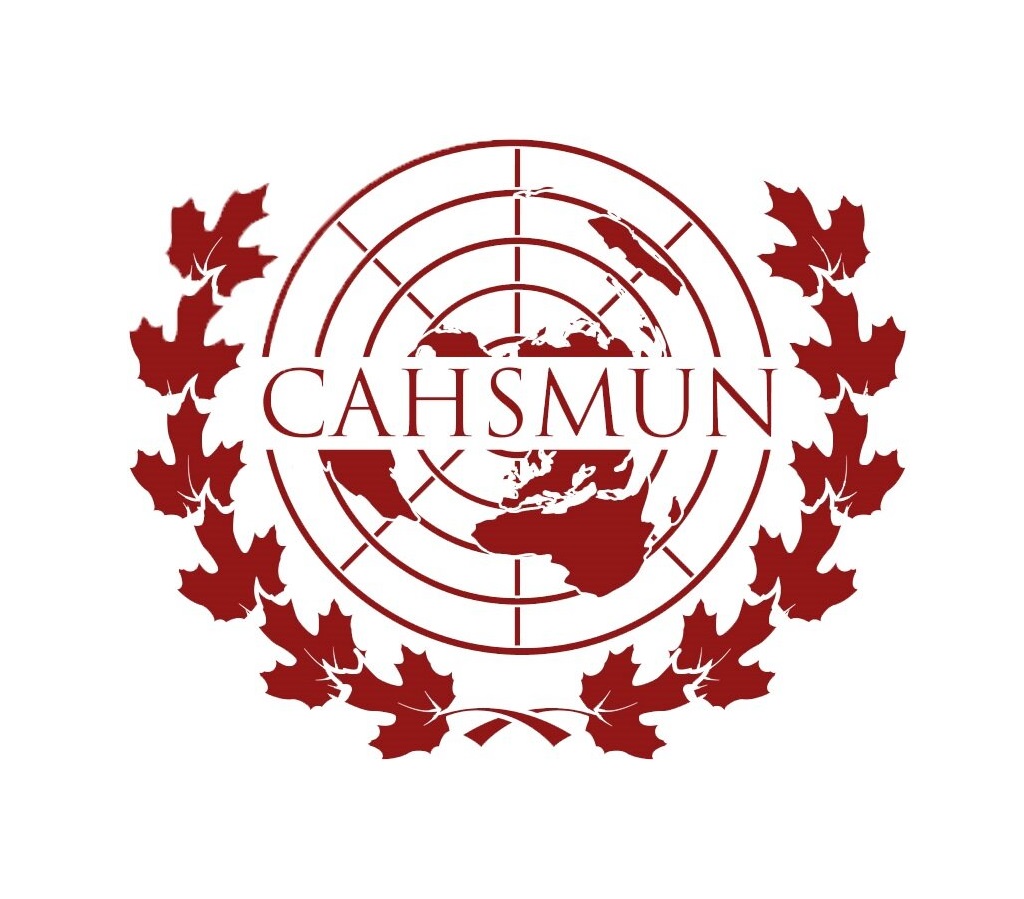The capital city in the country of Sri Lanka is Sri Jayawardenepura Kotte.
Since early 1848, women have been fighting for equal rights in a world dominated by men. Regardless of the hardship women face in implementing their basic rights, their determination continues to drive progress toward equality and empowerment. In Zimbabwe, the newly released policy to distribute and increase the availability of menstrual products faces cultural resistance due to the emphasis on traditional roles and the preservation of virginity, thus causing protests.
Justifying the cultural resistance and protests occurring to the distribution of menstrual products in Zimbabwe, China argues that protestors deserve their right to be heard. Alongside, education for women’s menstrual process should also be promoted to those protestors to educate them on the importance of these products. Yet, other UN representatives believe that protestors’s lack of education is not the main issue, as they are fixated on their cultural norms. Although education and culture matter, some view education as indoctrination. While understanding others’ perspectives rather than imposing beliefs is crucial, considering the rationalization of these protests is equally important.
As the situation escalates, protestors have stabbed 10 people to express their disapproval. Regarding this escalation, members of the UN Women have considered the reasonability of these absurd protestors’s behaviour. Despite desiring to embrace the concept of hearing all perspectives, it is important to stress that violence should not be tolerated. Eventually, this brings us to a decision about the balance between freedom of speech and extremism. Nevertheless, with the escalating violence and protests, it’s crucial to maintain equilibrium by upholding freedom of speech and preventing extremism.
Ever since the protest escalated to a riot, the representatives of India have spoken about using military forces to settle the situation. Putting matters to worse, hostages are held. Unfortunately, this caused Zinbabway women to refrain from purchasing menstrual products for the sake of their lives. Regardless of the challenge, the UN Women is currently developing solutions to settle the conflict, using military force, secret service, and economic sanctions to help these women. Although solutions are flooding the rooms of UN Women, none of the solutions have worked, and members now fear that women’s rights will return to the pre-women’s rights era.
Keeping the situation under control, The New York Times believes that global leaders should prioritize resolving the conflict of the riot first, as it creates a domino effect, such as citizens’s safety. Otherwise, greater forces may be needed to reverse the situation. To move forward, it is crucial for international bodies and governments to collaborate effectively, ensuring that women’s rights are protected. Thus, the Times hopes the situation will come to an end through cooperation between different countries with their diverse opinions on the issue. Empowering women and ensuring their rights are upheld must be central to the resolution.
